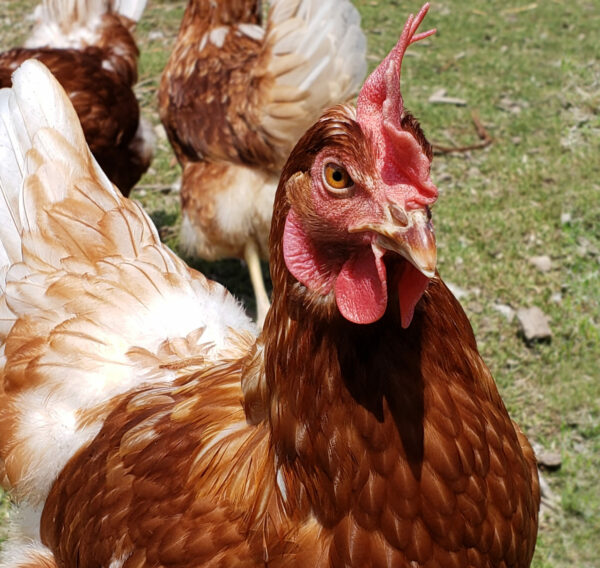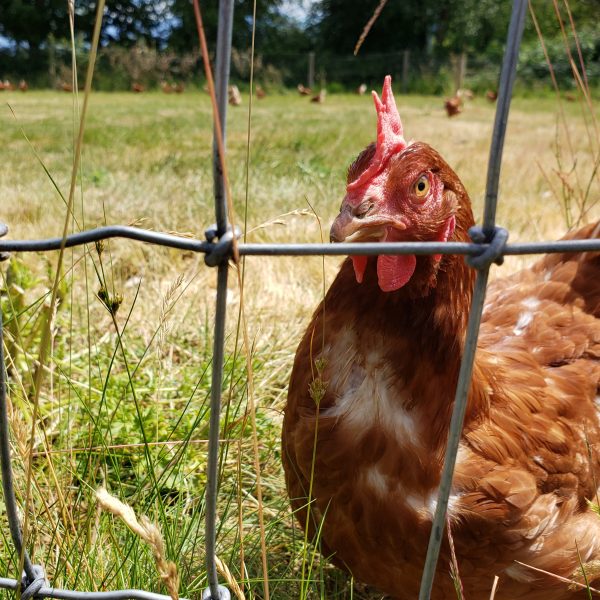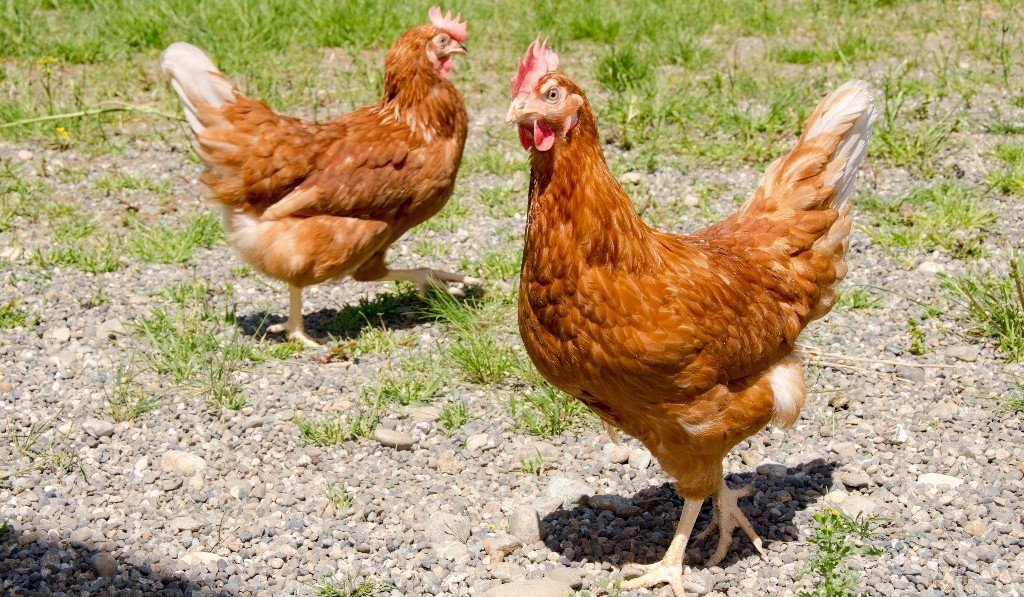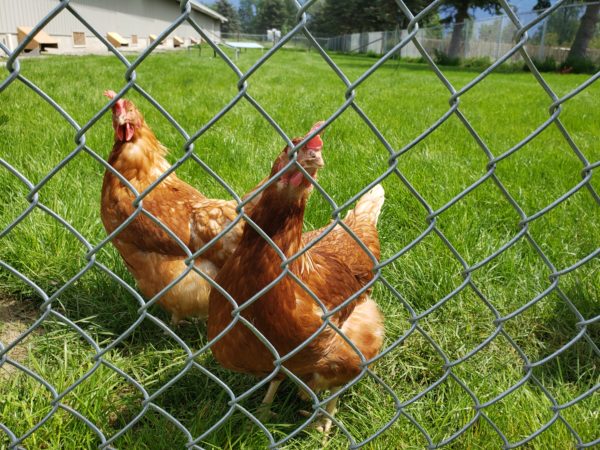250-32160 South Fraser Way
Abbotsford, B.C., V2T 1W5 Canada
Abbotsford, B.C., V2T 1W5 Canada
Stay In Touch
Join our email list and we’ll keep you
posted on the latest BC Egg news
There are three classifications of egg farming in BC: Backyard Flock Producers, Small Lot Producers, and Registered Producers.
No quota or registration is required for Backyard Flock Producers as long as the number of hens does not exceed 99. Every municipality has different rules regarding backyard chickens, so be sure to check your local bylaws. For information on selling ungraded eggs, click here.
To become a Small Lot Producer, simply register through the Small Lot Program. Small Lot Producers do not require quota.
To become a registered producer, you must be issued quota from the BC Egg Marketing Board.


There are three ways to obtain quota and become a Registered Producer:
All producers/farms who have between 100 and 399 laying hens should register with BC Egg through the Small Lot Program. There is an annual permit fee of $250 which includes:
Please note you must be at least 19 years of age to apply for a Small Lot permit. This program is open to any number of participants.
To apply for a Small Lot permit, please fill out the application form and submit it with payment to Scott Miles, Operations Assistant at BC Egg.
To renew your existing Small Lot permit, please fill out the renewal form and submit with payment to Scott Miles, Operations Assistant.

Just as with larger farms, Small Lot farmers are required to maintain specific standards of food safety and biosecurity. This is especially critical during peak migratory season when wild birds mix with domestic flocks, or during periods of high risk of disease spread.
The following biosecurity and food safety guides are additional resources designed specifically for small lot production.
Unless a farmer sends his/her eggs to a grading station, the eggs produced on small lot farms are considered “ungraded” and BC has strict rules and laws surrounding the sale of ungraded eggs. Please see our Selling Ungraded Eggs page for more information.
Appendix III in the following document provides guidelines for the sale of eggs at farmers’ markets:
For more information on the Small Lot Program, please contact Scott Miles, Operations Assistant, at the BC Egg office.
If a wild bird is found dead on or near a poultry operation, call the Wild Bird Mortality Investigation Program hotline, 1-866-431-2473. If the report is assessed to require further investigation a biologist may retrieve the carcass for further testing.
For a brief overview of Avian Influenza and why it’s a concern, visit our article “Avian Influenza: A Primer.“

If you’d like to learn more about BC Egg’s New Producer Program (NPP), join us on Zoom for an information session on either Friday, April 26 at 9:00 am or on Monday, May 13 at 2:30 pm. Both webinars will share the same information so you only need to attend the one that is most convenient for you. BC Egg staff will be sharing information about the NPP and taking questions from potential applicants.
PLEASE NOTE: The link for the session previously shared in the April 2 Sunny Side Up has CHANGED. The new Zoom meeting information is as follows:
NPP Webinar Link
https://us06web.zoom.us/j/89839580041?pwd=1T2abwldnSOy5FHtOG0hhpy6kZLXFP.1
Meeting ID: 898 3958 0041
Passcode: 666464
If you have any questions about the webinars, please contact Nicole Thompson, Executive Assistant. Preregistration for the webinars is not required.

Highly Pathogenic Avian Influenza (HPAI) is moving quickly across North America. Generally, the path of HPAI has followed wild bird migratory patterns who are known carriers of the HPAI pathogen. The first flocks impacted by HPAI were located on the east coast and since that time the virus has been found throughout poultry flocks making its way to the west. Two days ago we received notice of three confirmed HPAI cases in flocks located in Olds, Alberta. This disease is highly contagious among poultry and results in extremely high mortality rates. The risk of your flock contracting the virus can be lessened through careful implementation of strict biosecurity protocols.
Due to the rapid spread of HPAI the BC Poultry Association is recommending an immediate move to Red Biosecurity Status. This is the most rigorous level of biosecurity standards and is necessary to help slow the spread of HPAI. Please review Enhanced Biosecurity Guidelines for Small Lot Producers – Red to learn what this move means to your farm. This document and additional biosecurity resources are available on our Small Lot Farms webpage.
Our actions today can help prevent HPAI taking hold in BC. Be sure to follow all the biosecurity recommendations and always err on the side of caution. When the risk has lessened and the Biosecurity status is changed a follow up message will be sent.